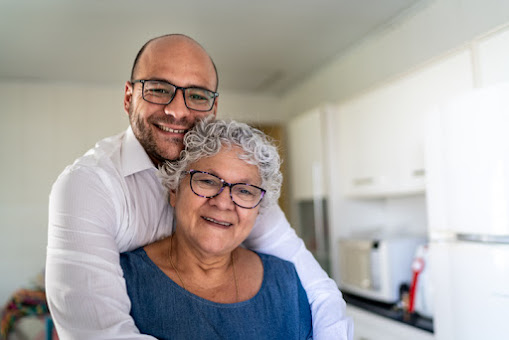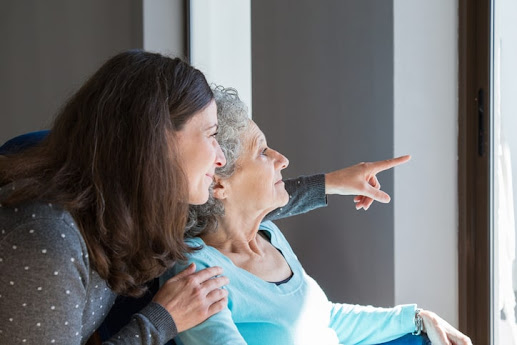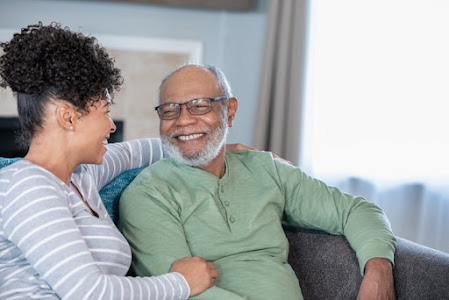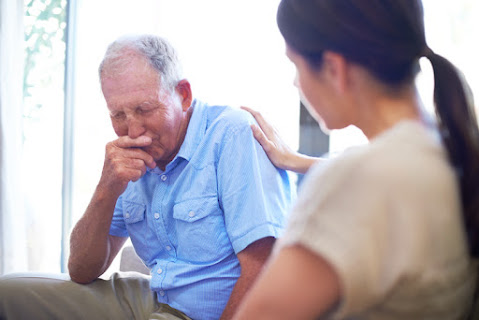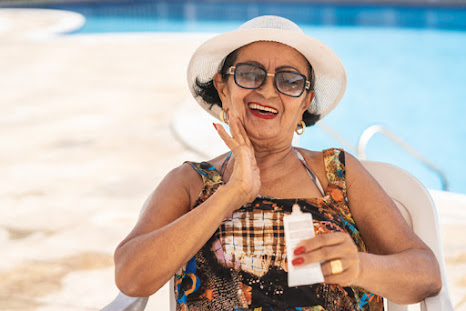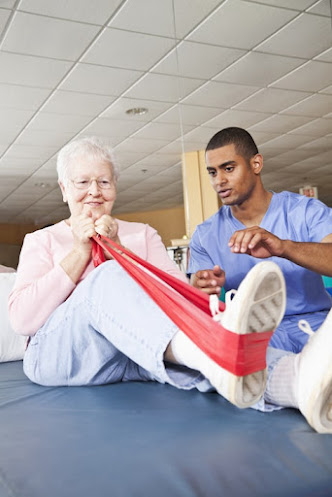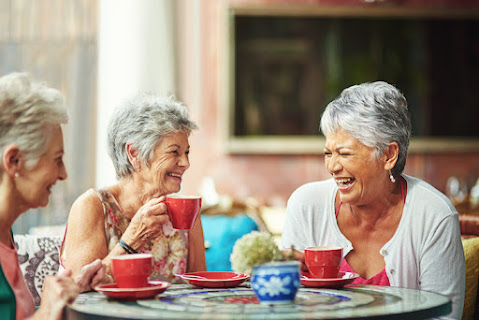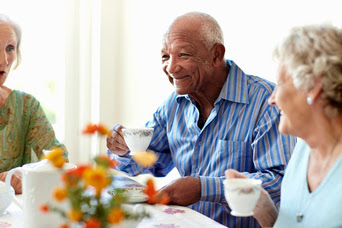Seniors that choose to have live-in caregivers benefit from having someone present with them 24 hours a day. Choosing to age in place in the comfort and safety of their own homes can have many advantages. The team of caregivers at United Methodist Communities HomeWorks has compiled some compelling reasons why live-in care just may be the right decision for your senior family member.
#1 – Lower cost of care
In Genworth’s most recent Cost of Care Survey, in-home care in the state of New Jersey cost an average of $26 an hour or $4,957 per month compared to staying in an assisted living community, which costs an average of $6,650 per month. By staying together at home, couples can save even more by having a single caregiver to look after both people, rather than having to pay for a more extensive care team. In addition, you can avoid the costs of selling a property, moving house, and buying new furnishings for the new space.
#2 – Less disruption
One of the biggest challenges for seniors and their families is the move out of comfortable, familiar surroundings into a new apartment at an assisted living community. As wonderful and suitable as the new space might be, this is a significant and often challenging psychological adjustment for seniors to cope with. By staying in the comfort of their own home, in-home health aides can ease seniors into care, making their home not only a familiar space but a safe one too. This is ideal for seniors who are still active in their community, who value their independence, and who need a little extra help to keep their current home working for their needs.
#3 – One-on-one, personalized attention
A live-in home health aide has no other patients or responsibilities beyond the scope of the needs of your senior parents. This means that they get one-on-one attention at all times and that care can be customized to their needs rather than relying on an entire team’s schedule. This means that medical issues can be spotted more immediately and managed more effectively, that days and activities can be tailored to their needs, mood or interest, and that they can be more easily treated as individuals rather than patients. It also means that there’s a single point of contact for family members. It can be easier to get to know and maintain an open line of communication with one individual, which will help you check up on your parents and help create the right environment for them.
#4 – Supported independence
One of the most common concerns seniors express about moving into assisted living is a loss of independence. While most high quality communities encourage and support independence for their residents, staying at home can still be one of the best options for seniors who want to retain their independence. A live-in caregiver can help seniors to keep up with their usual social engagements, stay active in their hobbies, and keep up relationships they’ve built over the years within their community.
Having so much control over daily life is important for anyone, especially seniors, and a live-in caregiver in New Jersey can help keep this independence alive by driving your loved one to appointments, taking on light housekeeping duties to give them more free time, and helping your loved one to live by their own schedule.
#5 – Companionship
At UMC HomeWorks, we work hard to find a live-in aide in New Jersey for our clients who can be a companion as well as a professional caregiver. Illness, loss of independence, depression and frailty are all serious concerns with aging, and can easily make seniors withdraw and lose those all-important connections. By living with a home health aide, seniors have a companion by their side who they enjoy speaking with, who they can share new memories with, and who can provide a high level of care if needed.
For more information about 24-hour live-in care in NJ, please give us a call or visit our website.
Originally posted: https://homeworks.umcommunities.org/blog/5-benefits-of-live-in-care/

